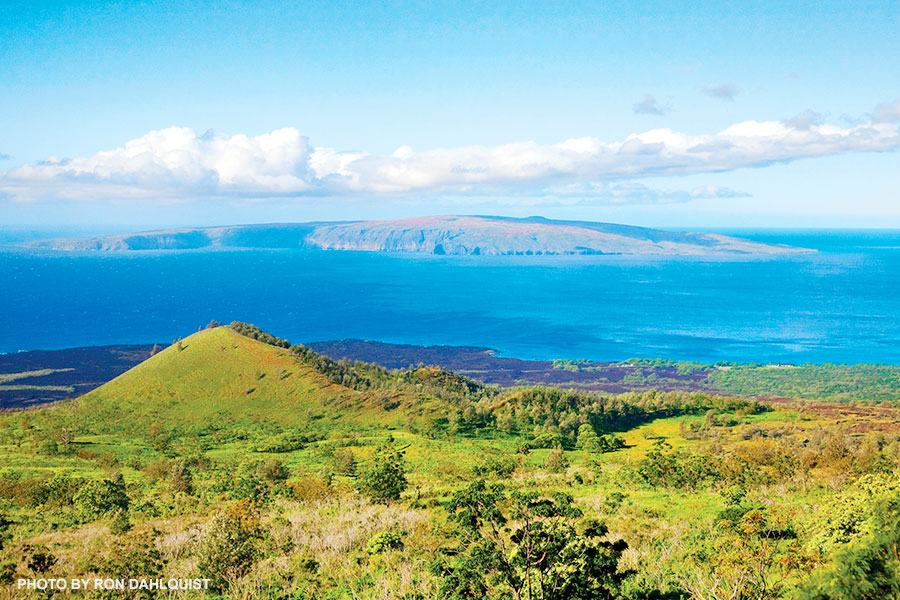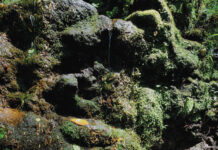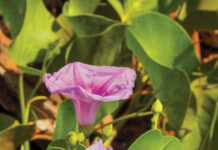
Kaniaupio-Crozier shares the story of a former student whose daughter, mother and sister were all named Kūkae, the Hawaiian word for excrement.
“Someone had put a curse on the ‘ohana [family], so all the oldest daughters were named Kūkae. The thought was that no evil forces would want to touch them because they were already defiled.”
Kaniaupio-Crozier has given so many names that she’s lost count. A fluent Hawaiian-language speaker and deeply rooted in her culture, she meticulously dissects each name before bestowing it.
“I take this kuleana [responsibility] very seriously because I understand the power of a name. If you don’t take care of it, if you don’t ‘oki [remove] the things that aren’t good for it, it could harm that person instead of being good for them,” she says.
As a young girl, Kaniaupio-Crozier imagined the child she might have someday.
“I remember telling [my grandmother] that I had the perfect name for my first child: Kaleonahenahepāmaikamakani, which means ‘the sweet voice blowing in the wind.’ She said, ‘Ekela, who’s going to listen to that voice? It’s going to blow right past them and that voice will never be heard.’ She was right — and that was my first lesson in naming.”
Hawaiians believe that inspiration for names is everywhere, and that accepting the signs is imperative. An inoa pō, or night name, for example, comes to a family member in a dream, often from an ancestor or ‘aumakua (family god).
In one famous story, a woman received a name for her niece in a dream, but rejected it because of her Christian background. Soon after, the little girl became ill, and the aunt confessed. The family decided that an upset ‘aumakua was making the girl sick, and held a ceremony to change her name. Renamed Kawena‘ulaokalaniahi‘iakaikapoliopelekawahine‘aihonua (“the rosy glow in the sky made by Hi‘iaka, reared in the bosom of Pele, the earth-consuming woman”), the girl recovered and grew up to become the revered Hawaiian scholar Mary Kawena Pukui.





